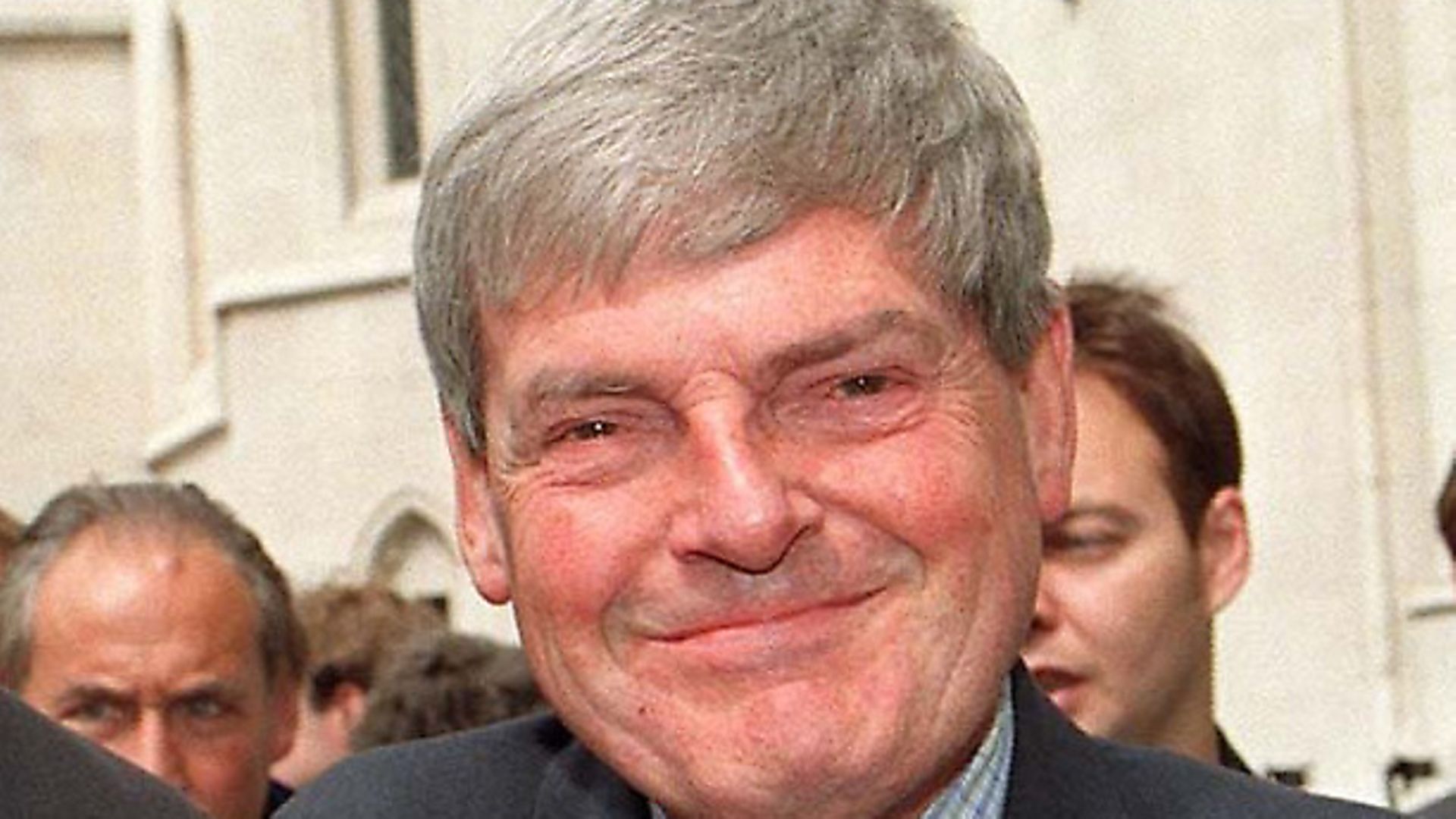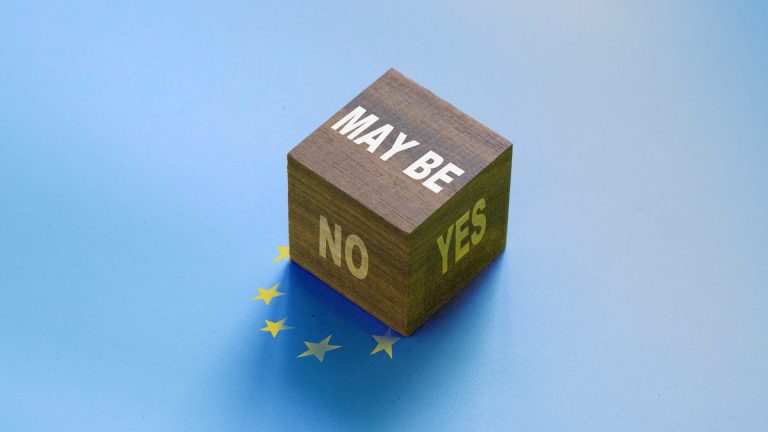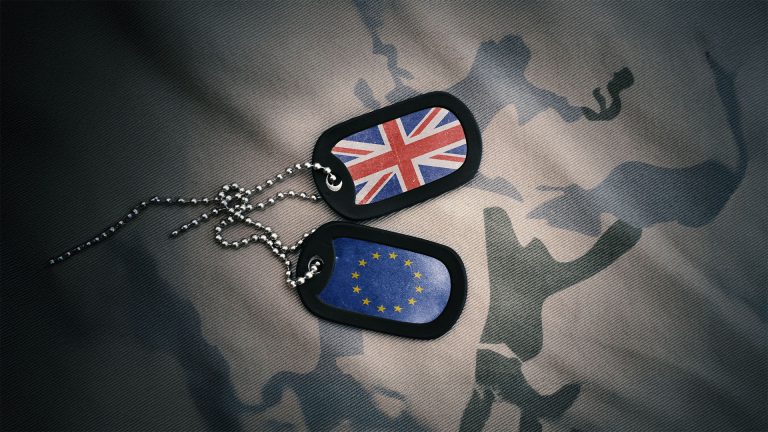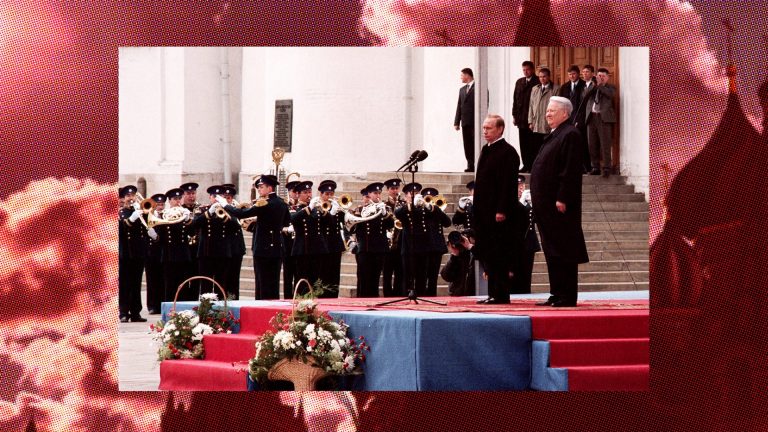
Former Fleet Street editor Peter Preston has died, aged 79. MICHAEL WHITE pays tribute to an ex-colleague and pro-European ‘ultra’
In his magisterial obituary of Peter Preston, David McKie, who served as his deputy for half Preston’s 20 year editorship of the Guardian, wrote that on some topics ‘what Peter thought was a mystery’. Europe was not one of those topics. Convoluted and diffident though PP might occasionally be, elliptical in word and prose, he never faltered in his belief in the cause of European unity under the blue flag and gold stars. ‘Privately, he was an ultra,’ confides one old friend.
This was partly a function of temperament and outlook, the natural response of a liberally-minded man of moderate opinions and a provincial perspective, one who was old enough to remember the Second World War without misplaced nostalgia for a vanished imperial past. He had grown up amid the ruins and painful recovery of a continent shamed, shattered and divided.
Many Britons of his generation – Preston was born in May 1938, between Hitler’s seizure of Austria and his assault on Czechoslovakia – took an instinctively similar view, all too aware of the sacrifices of their parents and grandparents since 1914.
If imperial Churchill (born 1874) was equivocal on Europe, Harold Macmillan (1894), six-times wounded in Flanders, was not. Michael Heseltine (1933) and Ken Clarke (1940) followed SuperMac’s lead on Europe, as did Roy Jenkins (1920) and David Steel (1938). So in the early years did Margaret Thatcher (1925). Most sceptics – many of them ‘Thatcher’s Children’ – came along later, when wartime memories and the EU’s lustre were both starting to fade.
They did not fade for PP. His pro-Europeanism marched in step with successive treaty changes which gradually reshaped the Common Market established by the 1957 Treaty of Rome into the European Economic Community (EEC) and – after Maastricht Treaty implementation – into the European Union (EU) in 1993. Thatcher’s Britain, tardy and wary from almost the start of Britain’s membership (1973) embraced the single market (1986-92) and post-communist enlargement (1998-2004) to the east – they were partly British ideas. But both Labour and Tory governments thereafter drew back from the borderless Schengen Agreement and the single currency of 1999-2002.
In alliance with Hugo Young, the paper’s ardently pro-EU senior columnist and chairman of the Scott Trust which owned it, Preston did not. The Guardian, its staff and readers earnestly divided on the great issues as usual, often took a more equivocal editorial stance in print. As the Times’s columnar jester, the late Frank Johnson, said of the Guardian – echoing Julius Caesar’s famous description of Gaul – ‘it is divided into three parts’. One was centrist liberal or SDP, another comprised Labour loyalists, the third what Johnson, writing in the Bennite 1980s, dubbed the leftwing ‘Trots’, but would now call ‘Corbynistas’. Kath Viner, juggling similar tensions as Guardian editor since 2015, would still recognise that geography, though those liberals have been squeezed.
But Preston’s unflinching Europeanism remained undiluted. It was sustained by the holiday home eventually acquired in Spain – after he was finally persuaded to take holidays and not ring in twice a day – and by his longstanding role as a guide and mentor to journalists operating under harsh press laws (or none) in Europe and beyond. His commitments to the Guardian Foundation, to the International Press Institute (IPI) and to the European Press Prize (which he helped found in 2012) were among those he kept to the end – along with his Observer column on the media.
As every obituarist has noted, Preston’s character was also formed by the scourge of polio – terrifying in that pre-vaccine period – which killed his father, a manager in the Loughborough green grocery trade, and almost killed 10-year-old Peter.
Recovery with the help of an iron lung took two years and left him with a ruined left arm and a badly damaged right one. No more of the sports he loved (though he remained a diehard Millwall FC fan), but it endowed him with a gritty determination, combined with a self-sufficient reluctance to ask for help with his coat – or, trickier in an editor, always to confide to his close lieutenants. He wrote about his disability only once (‘we’re loners, our battles are personal inward-looking ones’) after handing over the editorship to Alan Rusbridger in 1995.
Dogged application in catching up the lost grammar school years got him into Oxford where he read English at St John’s, became editor of Cherwell and a Liberal Party supporter despite being a natural non-joiner all his life. He then entered journalism at the Liverpool Daily Post (1960) where his versatile talents quickly marked him out for higher things. Just 25, Preston moved up the ship canal to the Guardian just as the paper was bravely dropping ‘Manchester’ from the title, upscaling to become a fully fledged national newspaper and shifting the weight of its operations to London. Here, under acute financial pressure, it quickly came close to a merger with the Times in 1966 – the most acute existential crisis in the Guardian’s history. Alastair Hetherington, the editor whom Preston succeeded in 1975, saved the day by threatening to put the management’s secret merger talks on page one.
But it was Preston, quick, open-minded and irreverent, who really reinvented the old MG. As a peripatetic political writer, foreign correspondent in Cyprus, Ghana, the running India-Pakistan crisis, and as a ground-breaking diarist, he – plus Michael Frayn, columnists like Peter Jenkins and Jill Tweedie, cartoonists like Posy Simmonds and John Kent, Terry Coleman doing quirky profiles – changed the tone. The Guardian became a London paper, albeit one still conscious of its roots in provincial, non-conformist England.
As features editor from 1968, Preston shook up and modernised the pages (then edited and produced in both London and Manchester).
The man in a hurry then moved across to become production editor – famed on the backbench for the snack and half bottle of red wine on his desk, not the pub at break time – learning new skills and embracing new technology. Apparently there were new electronic typewriters in America called Tandys and you could file by plugging them into the phone 1,000 miles away. PP went off and found out all about them.
In doing so he stole a march on deputy editor, John Cole, his main rival for the editorship. As McKie’s obit explained it, John represented continuity and tradition, Peter innovation and change. In production he sidestepped the divisive politics of Northern Ireland’s emerging Troubles (Cole was an Ulsterman) as well as the in-house problem of handling abrasive pay negotiations with the NUJ (John did that).
It was a pro-European paper Preston inherited and bequeathed to Rusbridger 20 turbulent years later. Obituarists have listed both his triumphs and disasters: a circulation that peaked over 500,000 during the Times management lock-out of 1978-9, but dipped after complacency produced the challenger Independent and (later) a radical Guardian redesign; humiliation over the Sarah Tisdall defence leak when the paper complied with a court order to hand over incriminating documents rather than face rolling fines under Thatcher’s industrial relations legislation; more successful but still costly battles over Spycatcher, corrupt police in Stoke Newington and Tory politicians, Neil Hamilton and Jonathan Aitken, both defeated in high-risk libel actions that straddled the Preston-Rusbridger handover.
Rupert Murdoch’s predatory price war was faced down when the Guardian, alone with the Mail and FT, all strong brands, refused to follow their rivals in cutting price and quality. G2 and other pioneering ideas later copied elsewhere, including specialist education ad media sections which attracted advertising, were launched. The Indy rose – and then fell back as the Guardian recovered its nerve.
The Wapping revolution in high tech printing was deplored for its violent confrontation – but then quietly embraced. In the Falklands War (1982), the miners strike (1984-5) and much else, Preston’s Guardian stuck a balanced, reasoned middle way, mocked on both left and right but also admired in unruly times. The Observer was acquired, as a Sunday partner, an awkward marriage which caused internal strains, but it would have died or fallen into hostile hands if Team Preston had not bought it.
In semi-retirement Preston did not last long as editor-in-chief of both papers or chair of the Guardian board (a similar fate would befall Rusbridger), but he continued to campaign for journalistic freedoms where they were threatened, to travel and give advice in Prague or the Balkans, to write about Pakistan (a 50-year interest) and media. But – alongside his adored, long-suffering Jean and their family – Europe remained a lode star. He encouraged the launch of The New European and even wrote a Brexit kind of novel about an imaginary EU break-up. It was called 51st State. Nuff said.
Back in the dying days of Thatcherism, so old Guardian hands recall, the editor was keen to embrace sterling’s adhesion to the European exchange rate mechanism (ERM), 1990’s precursor to the euro. Preston had seen some of his journalists, most notably Brussels editor, John Palmer, swing from extreme left-wing hostility to Europe to equally extreme enthusiasm, exceeding even his own. Never extreme about anything, PP was pretty keen on ERM.
On this occasion senior colleagues, whose pro-EU sentiments were in the mainstream Guardian Moderate tradition, were able to persuade him to take a more circumspect line. One of them, the wise and emollient chief leader writer, Geoffrey Taylor, later confessed he had only even fallen out with Peter over two issues: one was the strength of the editor’s European commitment, the other was Australian media mogul, Kerry Packer’s controversial world series cricket.
But, if the iconoclastic Kerry Packer changed the game forever, so did Peter Preston.








